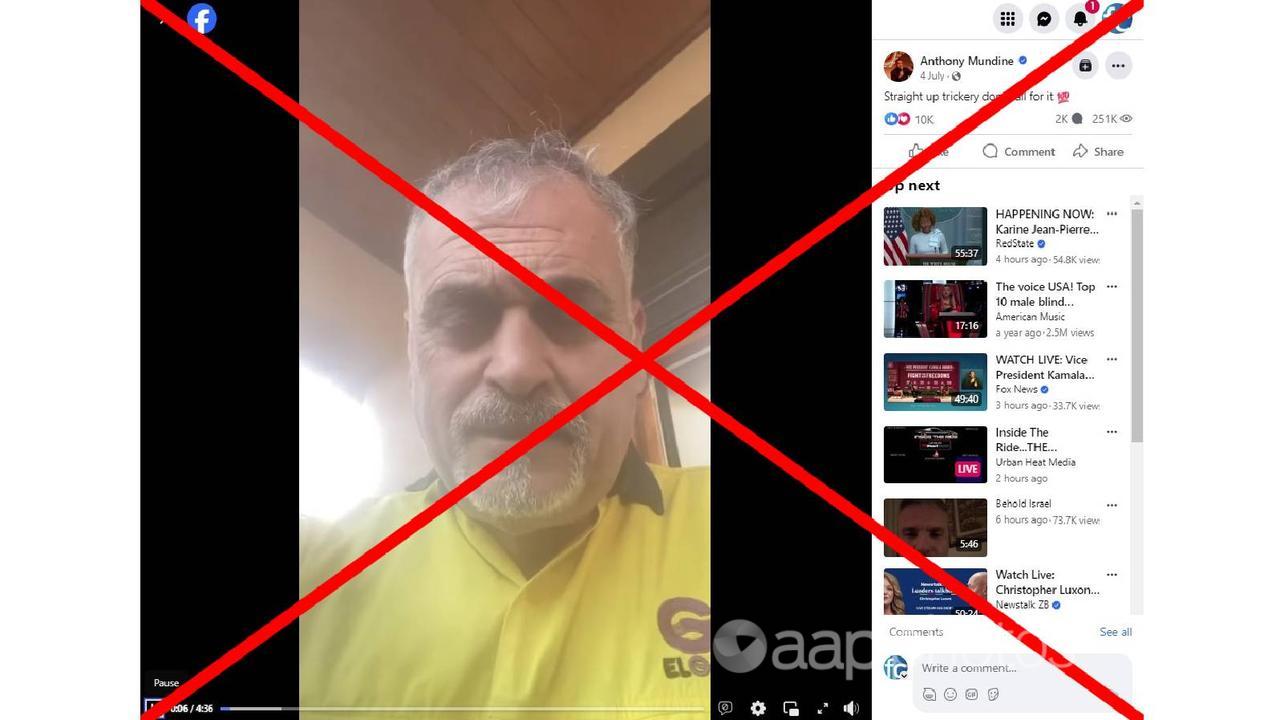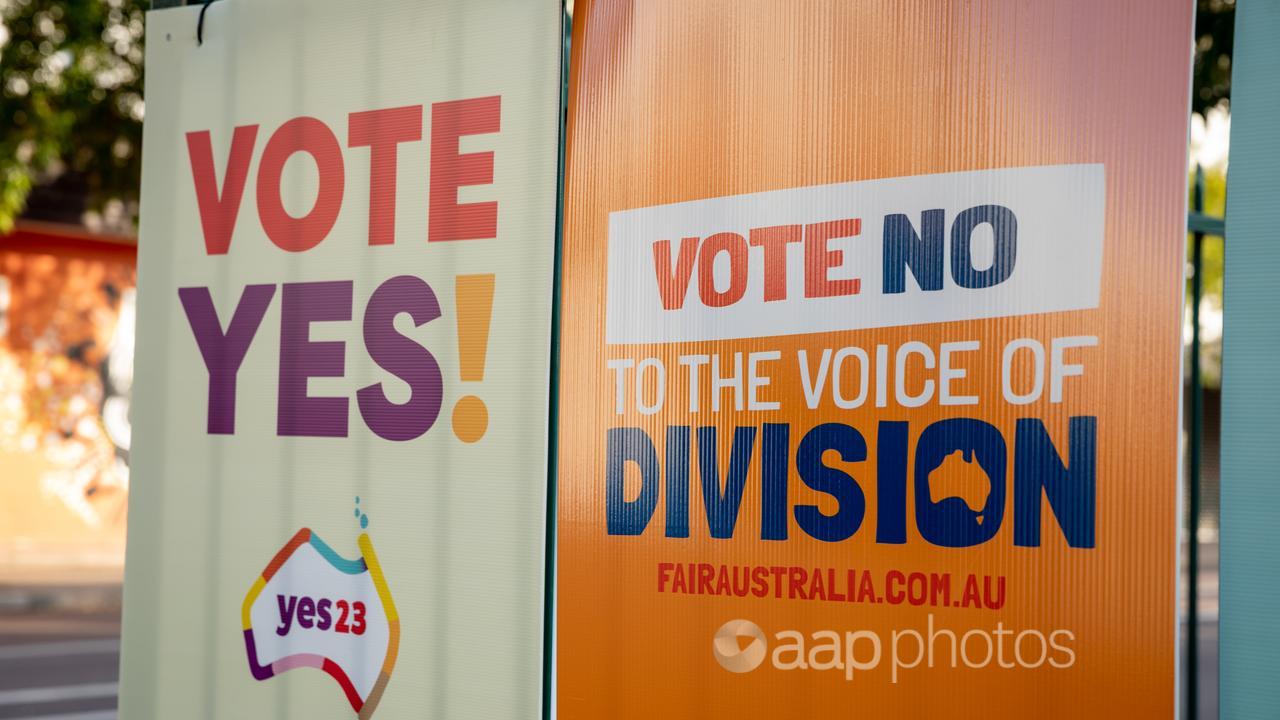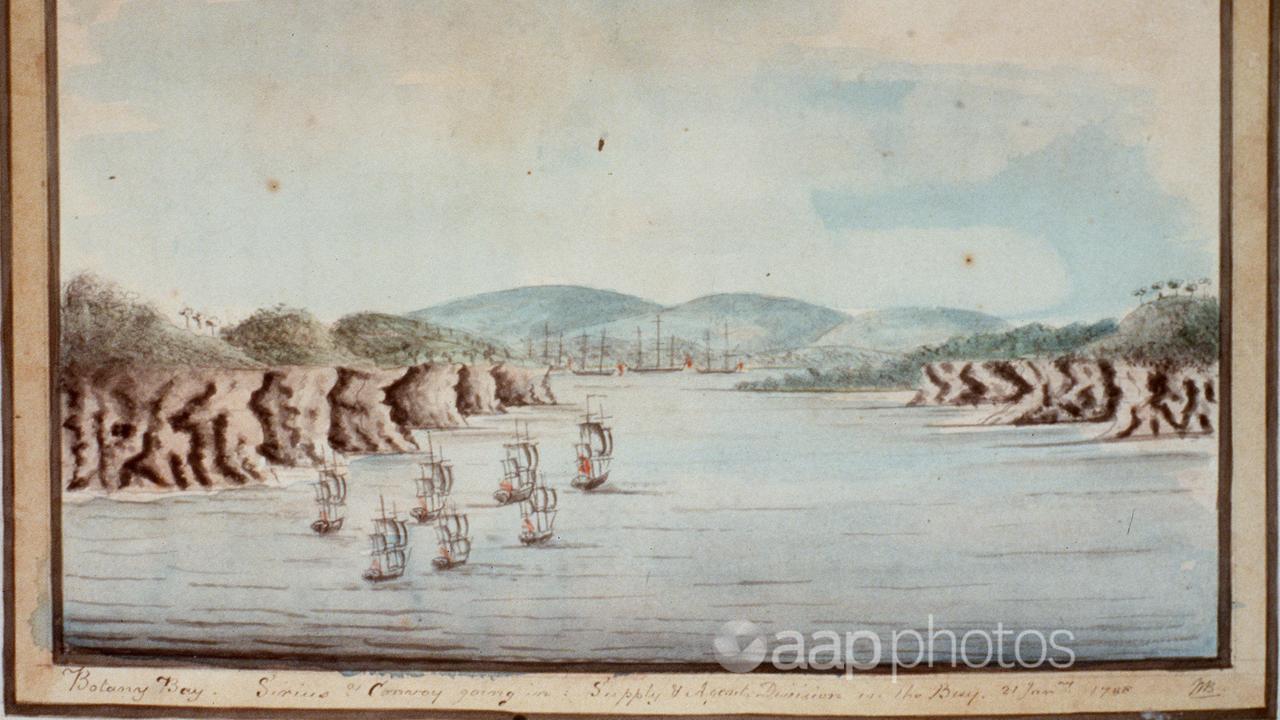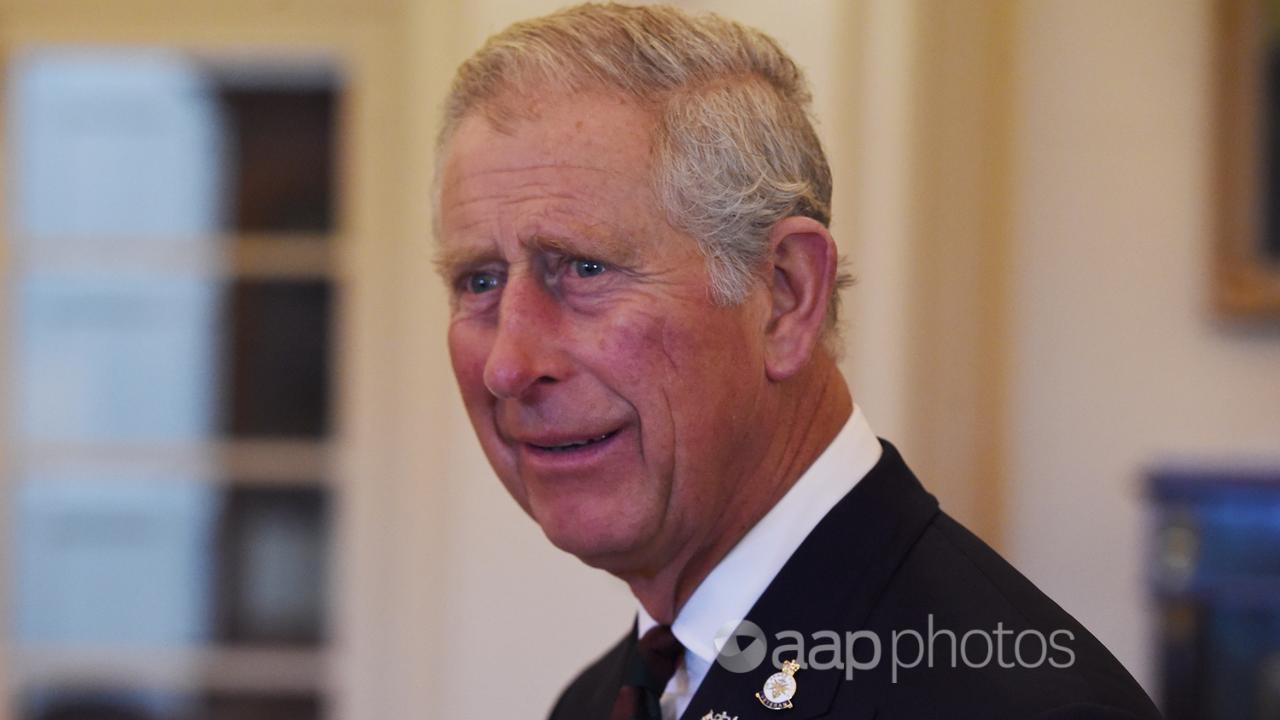It’s being claimed that “Aboriginal land” will be transferred to the British monarch if Indigenous people are recognised in the Australian Constitution.
This is false. Experts told AAP FactCheck that the Indigenous voice referendum result will have no impact on land rights, native title or property laws in Australia.
The claim appears in a Facebook video (archived here) shared by boxer and former NRL star Anthony Mundine.
It has been viewed more than 251,000 times.
It features a man in a yellow hi-vis shirt warning about supposed negative impacts on Indigenous people if the ‘yes’ vote succeeds.

“Your land is your land,” he says in the video (1min, 40secs). “By giving you a voice and you being included into ‘Australians’ – you’re not Australians, you’re not Australian, you’re Aboriginal. You’re sovereign people, right?
“You’re more powerful than the Australians because the land’s yours. But once you come in (to the constitution), the land’s not yours no more.
“It goes to the Queen, or the King.”
Mundine’s caption adds: “Straight up trickery don’t fall for it.”
Experts told AAP FactCheck that the constitutional amendment, which would be added in the event of the ‘yes’ vote succeeding, would not result in any land or property transfers.

The amendment creates an advisory body which would be able to make representations to the executive government and parliament on issues relating to Indigenous peoples.
Dr Leon Terrill, a native title law expert at the University of NSW, said the claim was simply wrong.
“It will not affect the rights to land of First Nations people, nor will it affect the rights to land of non-Indigenous Australians,” he told AAP FactCheck in an email.
“There will be no change whatsoever to people’s property rights.”
Associate Professor Harry Hobbs, a constitutional and human rights law expert at the University of Technology, Sydney, called the claim “a strange one”.

He said when the British landed in 1788, the land technically became the property of the British Crown.
Dr Hobbs explained that the High Court then ruled in the 1992 Mabo case that the British had not acquired beneficial ownership of the land in but rather had acquired ‘radical title’ over it.
“This means that the Crown has the right to make laws for the land, but it may not necessarily own the land, like a person may own a farm or house,” he told AAP FactCheck in an email.
Australian governments hold the same limited power, Dr Hobbs said, and the proposed constitutional amendment would not alter that.
“The Voice to Parliament referendum has absolutely nothing to do with any of this,” he said.
AAP FactCheck has previously debunked similar claims, here and here.
The Verdict
The claim that Aboriginal land will be transferred to the British monarch if the Indigenous voice is implemented is false.
Experts told AAP FactCheck that the proposed Indigenous voice would have no impact on land rights, native title or property laws in Australia.
False – the claim is inaccurate.
AAP FactCheck is an accredited member of the International Fact-Checking Network. To keep up with our latest fact checks, follow us on Facebook, Twitter and Instagram.
All information, text and images included on the AAP Websites is for personal use only and may not be re-written, copied, re-sold or re-distributed, framed, linked, shared onto social media or otherwise used whether for compensation of any kind or not, unless you have the prior written permission of AAP. For more information, please refer to our standard terms and conditions.


















